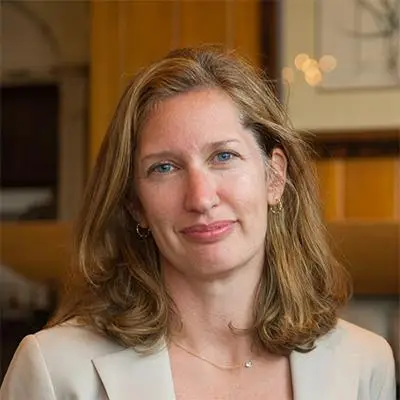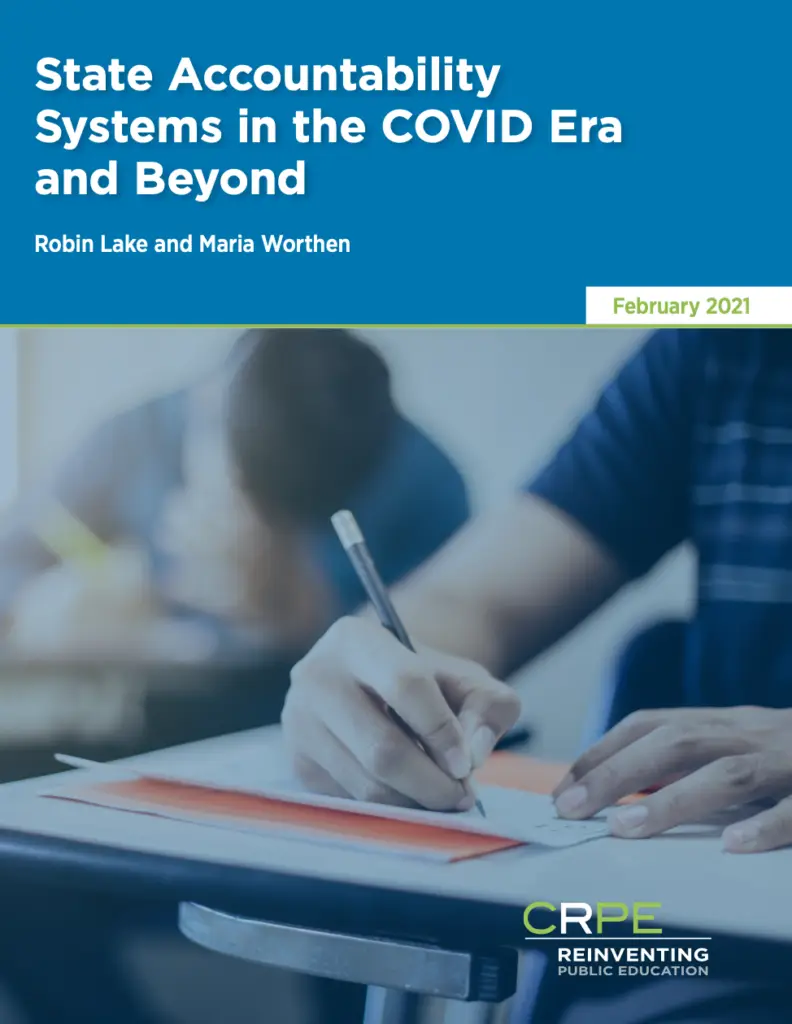States face considerable uncertainty about how to meet federal and state accountability requirements for this school year and beyond. It’s unclear whether and how states can administer state assessments for students attending school virtually, and many accountability requirements are on hold given the unprecedented disruptions.
This brief presents a set of ideas and themes to begin to inform those challenges, with insights from national experts representing a diverse set of perspectives.
In particular, the pandemic has highlighted the need for accountability systems to shift toward:
- Evaluating individual students’ mastery of content, not just grade-level standards and average scores.
- Demonstrating that schools are adding value when continuous, uninterrupted assessment scores are not available.
- Navigating the complexity of challenges schools face in achieving equitable outcomes and measuring how well they are overcoming them.
- Recognizing teaching and learning that occurs after the final year of state-mandated assessments—typically 10th or 11th grade—which neglects students’ diverse postsecondary and career pathways.
- Finding ways to account for the possibility that students in the same school have had extremely different learning experiences, some fully virtual (possibly even taking courses from other schools or programs) and others partially or fully in live instruction.
- Identifying methods to judge the effectiveness of COVID-19 innovations, such as learning pods, tutoring, and small-group online instruction.
Contributing Authors
Elizabeth Chu, Executive Director, Center for Public Research and Leadership, Columbia University
Robin Lake, Director, CRPE
Chester E. Finn, Jr., Distinguished Senior Fellow and President Emeritus, Thomas B. Fordham Institute
Virgel Hammonds, Chief Learning Officer, KnowledgeWorks
Patricia Levesque, CEO, ExcelinEd
Jennifer Bell-Ellwanger, President and CEO, Data Quality Campaign
Laura Jimenez, Director of Standards and Accountability, Center for American Progress
Eric Lerum, Chief Operating Officer, America Succeeds
Mike Magee, CEO, Chiefs for Change
Mike Petrilli, President, Thomas B. Fordham Institute
Maria Worthen, Founder & Principal Consultant, Education Policy Strategies





